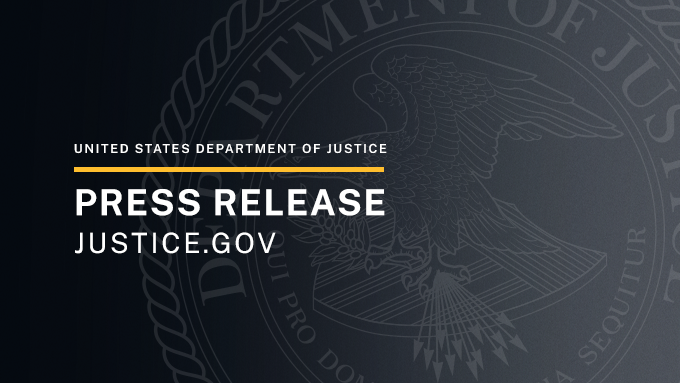Pennsylvania Man Charged in Major Fraud Scheme: What You Need to Know
DENVER – In a striking development, the United States Attorney’s Office for the District of Colorado has unveiled serious allegations against Adepoju Babatunde Salako, a 32-year-old resident of Pennsylvania. Charged with six counts of wire fraud, conspiracy to commit wire fraud, money laundering, and aggravated identity theft, Salako’s case highlights the growing threat of COVID-19-related fraud.
The Allegations: A Detailed Look
What Did Salako Do?
Between July 2020 and July 2023, Salako was allegedly part of an extensive money laundering conspiracy. This involved fraudulent applications for COVID-19 Economic Injury Disaster Loans (EIDL) submitted to the Small Business Administration (SBA) as well as for unemployment insurance benefits in over 30 states. The total amount? An astounding $5.6 million acquired through more than 1,000 stolen or fake identities.
The Mechanics of the Scheme
Salako and his co-conspirators allegedly executed complex maneuvers to obscure their activities. They moved the proceeds through various accounts and eventually spent the money or transferred it overseas, often in the form of goods like luxury cars or solar panels. Not only did this demonstrate a sophisticated understanding of financial systems, but it also raised alarms about the vulnerabilities present in emergency funding programs during the pandemic.
Fraudulent Activities: A Closer Examination
Unemployment Claims and Identity Theft
From January 4, 2023, to March 20, 2023, Salako reportedly submitted around 15 fraudulent applications for unemployment benefits to the Colorado Department of Labor and Employment (CDLE). Using the stolen identities of Colorado residents—gleaned from personal information search websites like TruthFinder—he managed to secure a payment of $649 while also pocketing $15,431 through claims made by a co-conspirator.
Expanding the Scheme
Salako’s fraudulent activities weren’t confined to Colorado. The indictment reveals that he also targeted states like Maryland, Minnesota, New Hampshire, and New York. In addition to the EIDL applications, he submitted a fraudulent Paycheck Protection Program (PPP) loan application under the name of Turn-Turn-Turn Woodturning, using the identity of a Nevada resident.
Understanding the Broader Context
The Role of the CARES Act
The Coronavirus Aid, Relief, and Economic Security (CARES) Act, enacted in March 2020, aimed to provide critical financial assistance to Americans grappling with the economic fallout of the pandemic. Among its many provisions, the act facilitated loans to small businesses through programs like the PPP, designed to help retain employees and cover essential expenses.
Ongoing Investigations
The United States Postal Service Office of Inspector General, the Internal Revenue Service Criminal Investigation, and the CDLE are all involved in investigating this case, underscoring the seriousness of the allegations. The case has been handed over to the Economic Crime Section of the United States Attorney’s Office for prosecution.
Conclusion: Presumption of Innocence
Salako made his initial court appearance in Colorado on June 13, 2025, before Magistrate Judge Scott T. Varholak. It’s important to note that the charges against him are merely allegations; Salako is presumed innocent unless proven guilty. As this significant case unfolds, it serves as a reminder of the vulnerabilities in our financial systems and the repercussions of fraud on public funds.
If you have information about suspected COVID-19 fraud, you can report it by contacting the Department of Justice’s National Center for Disaster Fraud (NCDF) Hotline at (866) 720-5721 or use the NCDF Web Complaint Form.
Case Number: 25-cr-00162-CNS






